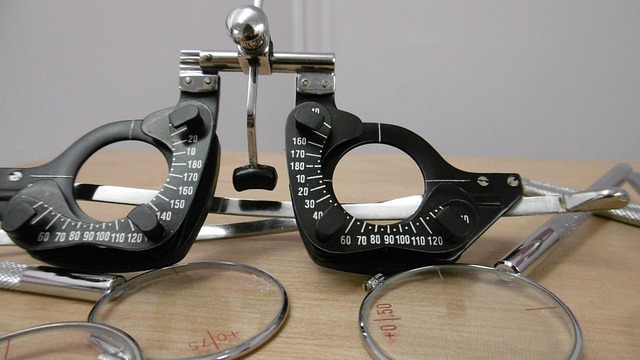Cholesterol monitoring through simple UK Testosterone Blood Tests is essential for heart health, as high levels increase the risk of heart disease and stroke. Understanding HDL (good) and LDL (bad) cholesterol types, with ideal ranges below 200 mg/dL total cholesterol, 100 mg/dL LDL, and 60 mg/dL or higher HDL, is crucial. Regular testing, alongside healthy lifestyle choices like dietary adjustments, exercise, weight management, and avoiding smoking, enables proactive cardiac care. Consulting a healthcare professional to interpret results and create a personalized plan is recommended.
Cholesterol is a waxy substance found in our blood, essential for various bodily functions. However, high levels of LDL (bad) cholesterol can lead to health issues like heart disease. A simple and effective way to monitor your cholesterol health is through a UK testosterone blood test. This comprehensive guide delves into the basics of cholesterol, explains how these tests work, and provides insights on interpreting results to make informed, healthy choices for optimal well-being.
- Understanding Cholesterol: The Basics and Why It Matters
- How UK Testosterone Blood Tests Can Help Monitor Cholesterol
- Interpreting Results and Making Healthy Choices
Understanding Cholesterol: The Basics and Why It Matters
Cholesterol is a waxy substance found in all cells in our bodies, playing a vital role in various functions, including producing hormones and vitamin D. However, it’s also crucial to monitor cholesterol levels as excessive amounts can lead to health issues. High cholesterol, often measured through a simple UK Testosterone Blood Test, is a significant risk factor for heart disease and stroke, two of the leading causes of death worldwide.
Understanding your cholesterol profile involves knowing that there are two main types: HDL (good) cholesterol and LDL (bad) cholesterol. An ideal scenario is having higher HDL levels, as it helps remove LDL cholesterol from the bloodstream, while keeping LDL levels low is essential to prevent arterial buildup and associated health complications. Regular blood tests can help individuals take control of their cardiovascular health by identifying any imbalances early on.
How UK Testosterone Blood Tests Can Help Monitor Cholesterol
In the UK, testosterone blood tests aren’t just for athletes or those with specific medical conditions; they play a vital role in monitoring cholesterol levels. These tests provide crucial insights into an individual’s overall health, especially when it comes to cardiovascular wellness. By measuring both testosterone and cholesterol, healthcare professionals can identify potential issues early on.
For instance, low testosterone levels can sometimes be associated with elevated cholesterol, as the body’s hormonal balance influences lipid metabolism. Regular UK testosterone blood tests allow individuals to stay proactive about their health. Through simple analysis, these tests help detect abnormal cholesterol readings, enabling prompt action to manage and reduce risks of heart disease or stroke.
Interpreting Results and Making Healthy Choices
After receiving your UK Testosterone Blood Test results, it’s crucial to understand what they mean for your health. Cholesterol levels are measured in milligrams per deciliter (mg/dL). Total cholesterol should ideally be below 200 mg/dL, with LDL (“bad”) cholesterol under 100 mg/dL and HDL (“good”) cholesterol at 60 mg/dL or higher. Elevated LDL levels can increase the risk of heart disease.
Knowing your results is just the first step. Making healthy choices based on these insights is vital. Diet plays a significant role; opt for foods rich in fiber, omega-3 fatty acids, and lean proteins. Regular exercise, maintaining a healthy weight, and avoiding smoking or excessive alcohol consumption can also help manage cholesterol levels. Consult with a healthcare professional to discuss your results and create a personalized plan that suits your unique needs.
Regularly monitoring cholesterol levels through a simple UK Testosterone Blood Test is a proactive step towards maintaining heart health. By understanding your results, you can make informed decisions to improve your lifestyle and reduce risks associated with high cholesterol. Remember, early detection and healthy choices can significantly impact your overall well-being.
